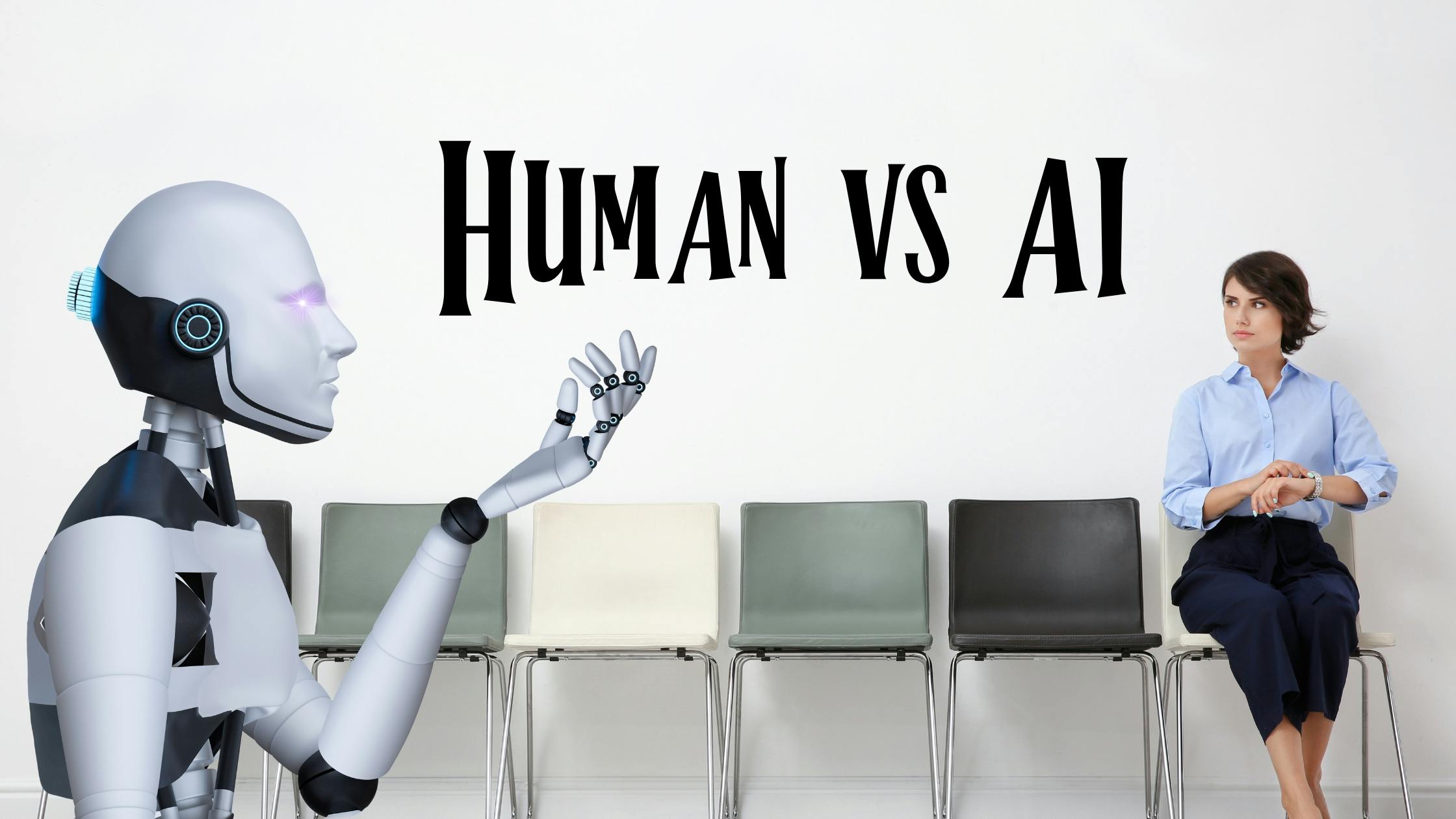Human vs AI Travel Exploration
Travel has always been a journey of discovery. Traditionally, people relied on guidebooks, recommendations, and personal experiences. Every trip was shaped by human instincts, intuition, and curiosity. Today, technology has changed the way people explore the world. Artificial intelligence plays a significant role in planning, navigating, and personalizing travel experiences. Comparing human-led travel and AI-assisted travel shows both benefits and limitations.
Human Travel: Intuition and Experience
Human travel is rooted in personal choices. Travelers decide destinations, activities, and experiences based on interest, mood, and cultural curiosity. Human planning allows flexibility. A traveler can change plans, talk to locals, or follow a spontaneous recommendation. Small details often make a difference. For instance, finding a quiet café in a busy city or discovering a local festival may not appear in online guides.
Humans rely on senses. They notice the aroma of street food, the sound of local music, and the energy of a city square. Such experiences cannot always be captured by technology. Human exploration also encourages cultural interaction. Travelers can ask questions, learn history directly from guides, and connect emotionally with the place. These connections create memories that AI cannot replicate.

AI Travel: Data and Efficiency
Artificial intelligence uses data to plan trips efficiently. AI tools can suggest destinations, create itineraries, and even book hotels and flights. AI travel platforms analyze millions of reviews, ratings, and social media posts. They identify trends and recommend activities based on user preferences.
AI tools save time. They suggest optimized routes, avoid traffic delays, and find the best deals. Travelers can access maps, language translators, and digital assistants to navigate foreign places easily. AI also helps in personalized recommendations. For example, if a traveler prefers nature walks or historical sites, AI systems can suggest specific locations that match these interests.
Moreover, AI travel apps predict demand, suggesting off-peak times and lesser-known attractions. They can track local events, weather changes, and transportation updates in real time. AI reduces guesswork and makes travel planning more precise and convenient.
Human vs AI: Strengths and Limitations
Human travel excels in creativity, flexibility, and emotional connection. Humans adapt to unexpected situations. They make choices based on experience and intuition, not just data. On the other hand, AI travel offers speed, efficiency, and access to vast information. AI reduces planning stress and improves decision-making through data analysis.
However, AI has limitations. It cannot fully understand emotions, cultural subtleties, or personal experiences. Recommendations may lack originality and feel generic. Human judgment is necessary to interpret AI suggestions meaningfully. Combining human intuition with AI assistance produces the best results. Travelers can use AI for planning, while maintaining the freedom to explore spontaneously.
Read More: https://www.travelfika.com/blogs/ai-saves-money-on-flights-and-hotels
How to Use AI Travel Tools Effectively
- Research Destinations: Use AI tools to compare attractions, reviews, and activities.
- Create Itineraries: AI can suggest optimized travel routes, saving time and effort.
- Discover Hidden Gems: Let AI identify local spots based on user reviews and patterns.
- Stay Updated: Track weather, events, and transport schedules using AI apps.
- Balance Freedom and Guidance: Follow AI suggestions but allow for personal exploration.
Future of Travel
The future of travel is a blend of human and AI exploration. AI will continue to provide data-driven insights. Travelers will still rely on personal choices, emotional connections, and spontaneous decisions. Technology will enhance experiences without replacing the joy of discovering the world firsthand.
Human and AI travel can work together. AI assists in planning, safety, and information. Humans add creativity, flexibility, and emotional depth. This combination ensures efficient, safe, and memorable journeys.
Explore More: How Does Trip Planner AI Optimize Travel Routes?
Conclusion
Human travel and AI-assisted travel each have unique strengths. Humans bring intuition, flexibility, and emotional connection to every journey, while AI provides data, efficiency, and personalized insights. The best travel experiences happen when both work together. Using AI for planning and guidance, while leaving room for spontaneous exploration, allows travelers to enjoy smarter, more memorable journeys. This balance ensures trips are both well-organized and rich in real-world experiences.
FAQs on About Human vs AI Travel
Can AI completely replace human travel planning?
No. AI assists with planning but cannot replicate personal experiences, intuition, or cultural interactions.
What are the advantages of AI travel tools?
AI provides data-driven recommendations, optimized itineraries, real-time updates, and personalized suggestions.
How do humans benefit from AI in travel?
Humans save time, reduce stress, and make informed decisions using AI insights while retaining flexibility and spontaneity.
Are there any risks in relying on AI for travel?
Yes. AI suggestions may be generic or miss cultural nuances. Travelers should verify and adapt recommendations to personal preferences.
What is the best way to combine human and AI travel?
Use AI for research, planning, and navigation, but explore destinations personally to experience local culture and unique moments.